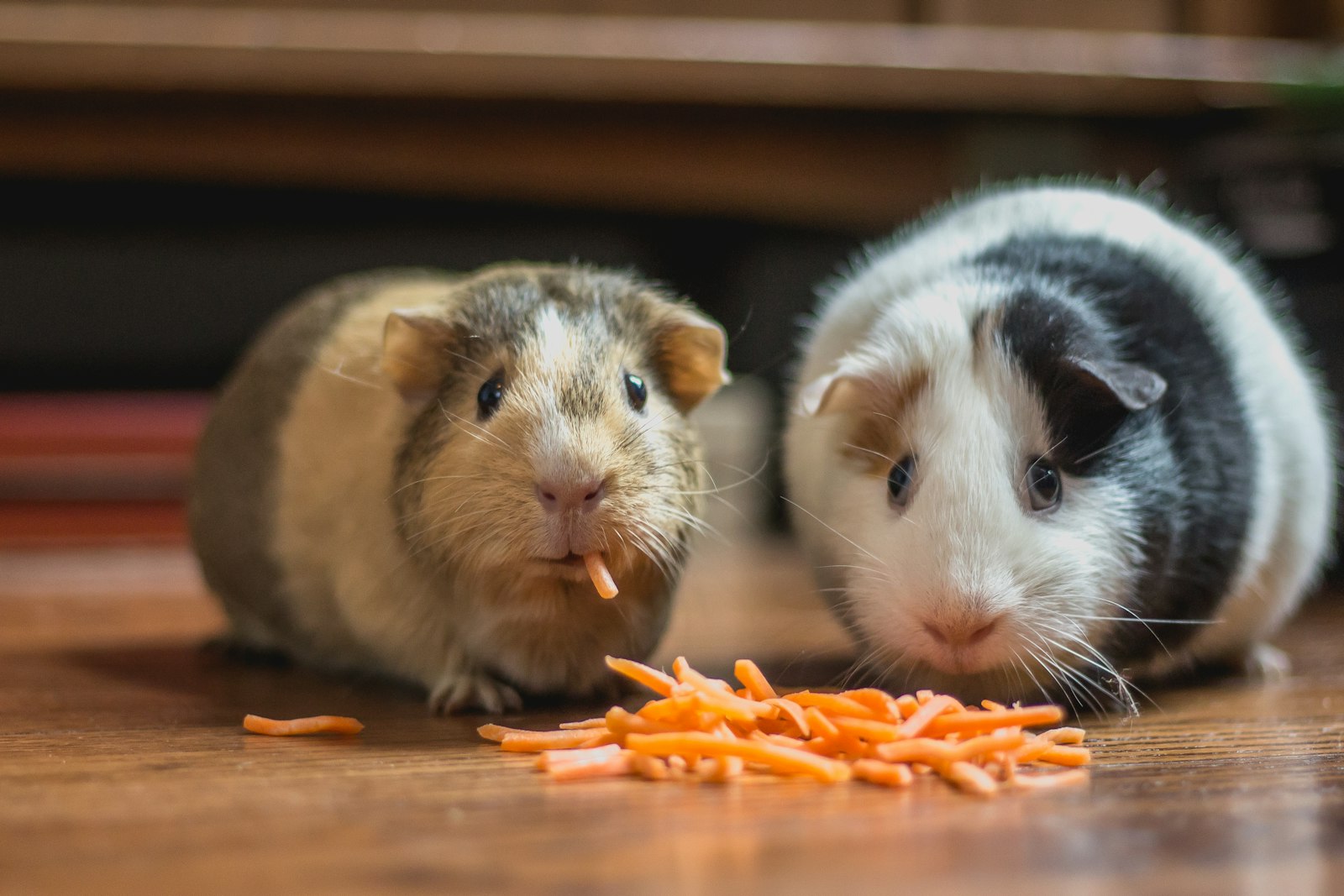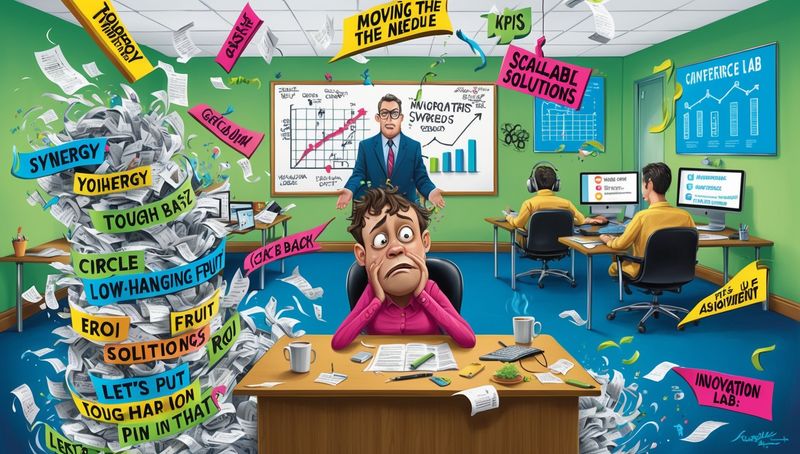Let's dive into the whimsical, wacky, and somewhat wise world of binge eating with a guide that's as quirky as it is quasi-scientific.
First and foremost, let's address the elephant in the room – or rather, the cheesecake in the fridge. If you're the kind of person who hears the word 'diet' and thinks it's a new kind of Wi-Fi connection, you might need to tune in a bit more.

Denial isn't just a river in Egypt: It's also what keeps many of us from acknowledging our food faux pas. If you find yourself scoffing at this very sentence, consider therapy. No, seriously. Therapy isn't just for breakups or existential crises; it's for confronting those deep-seated insecurities that make you reach for the cookie jar every time someone says 'work deadline.'
The Neuroscience: Confronting eating habits is akin to unraveling the Gordian knot of our neural pathways. Denial, a common defense mechanism, is neurologically similar to avoiding pain. By recognizing unhealthy patterns, we're essentially reprogramming our amygdala, the brain's alarm system, teaching it to stop sounding false alarms every time we see a cookie.
Now, onto the nitty-gritty.
You can't fix what you can't measure: This isn't just a throwaway line your gym trainer uses. Keeping track of what you shove into your pie hole is crucial. Whether you scribble on a napkin, use an app, or send smoke signals about your last meal, the method doesn't matter. The point is to be aware. It's like being a food detective, minus the cool hat and magnifying glass.
The Neuroscience: Each bite, chew, or gulp is a datum point in understanding the complex hormonal dance. Ghrelin and leptin, the hunger hormones, fluctuate throughout the day, influencing our dietary decisions more than we realize.
Next, find yourself a Trauma Slut: A term we use with the utmost affection, of course. This is your go-to person for those 'I just stress-ate an entire pizza' confessions. It could be a friend, your cat, or a therapist (preferably a human one).
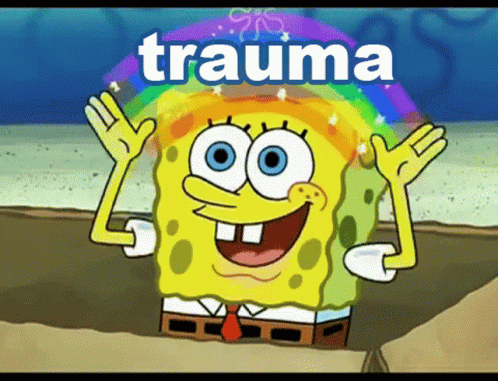
Confession is good for the soul, and apparently, for your waistline too. Ever wondered why confessionals are a big deal in religion? It's the art of owning up, letting guilt wash over you, and then moving on.
The Neuroscience: When you verbalize your eating struggles, you're activating the prefrontal cortex – the brain's rational thinking area. This cognitive processing helps in distancing yourself from impulsive, emotion-driven eating, rooted in the more primal parts of our brain like the amygdala.
Guilt, meet clarity. ✨
After a couple of weeks of playing food detective, you'll start to see patterns. Like, maybe you're not actually hungry at midnight; you're just bored. Or maybe those afternoon slumps are less about hunger and more about dehydration.
Spoiler alert: sometimes, when you think you're hungry, you're just thirsty.
The Neuroscience: As you start to recognize your munching patterns, you're engaging in a form of behavioral neuroplasticity. You're essentially rewiring your brain – training it to differentiate between actual hunger and psychological cravings, which often stem from dopamine, the reward neurotransmitter that also plays a role in addiction.
Make micro adjustments: Don't go planning a complete lifestyle overhaul. You're not directing a blockbuster movie; you're just trying to eat a bit healthier. Small, sustainable changes, folks. Think of it like updating your phone – a little tweak here and there to make it run better.
The Neuroscience: Making micro adjustments to your diet is like fine-tuning your brain's reward system. Each small change is a step towards recalibrating your brain's response to food, moving away from instant gratification, which is often driven by a surge in dopamine, towards more sustainable, long-term satisfaction.
Ordering in versus cooking: Start by ordering healthier options. And no, a Biryani with a diet coke doesn't count. Gradually, start cooking. You don't have to be Gordon Ramsay; just aim for not setting off the smoke alarm.
The Neuroscience: When it comes to cooking vs. ordering in, remember: preparing your food is not just a culinary task; it's a psychological one too. Cooking is a multisensory experience that can be incredibly therapeutic. It engages different parts of the brain, including the sensory cortex and the cerebellum, enhancing mindfulness and reducing stress.
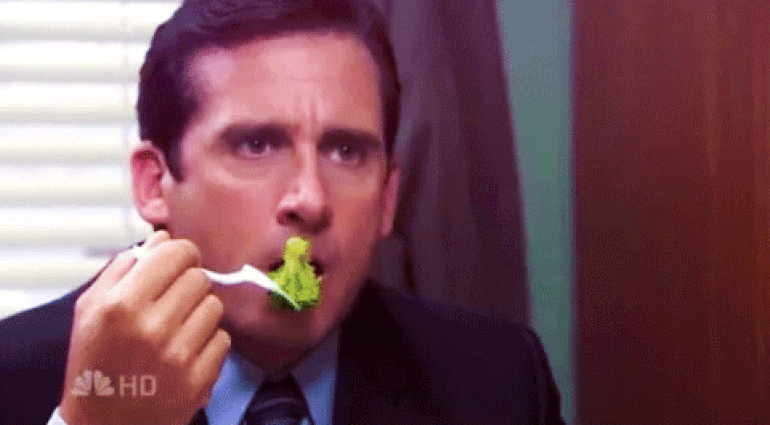
Stick to single-source foods: A chicken should be... well, chicken. Chips are not a naturally occurring substance; they don't grow on Chip trees. Meal prep is your friend - it's like having a food savings account for lazy days. Here's a fun fact – not everything that comes in a bag is food. If your snack has more ingredients than a science experiment, ditch it.
The Neuroscience: Processed foods often lead to a spike in blood sugar levels, which can cause a sudden burst of energy followed by a crash. This rollercoaster is taxing on the brain, especially on the hippocampus, which is involved in memory and mood regulation.
The big bad wolves of the food world - sugar and processed flour: Cutting down on these is a herculean task, akin to climbing Everest in flip-flops. We've built a civilization predicated on our love for high-calorie foods. You're battling centuries of culinary evolution here. It's David versus Goliath, if David was armed with carrot sticks.
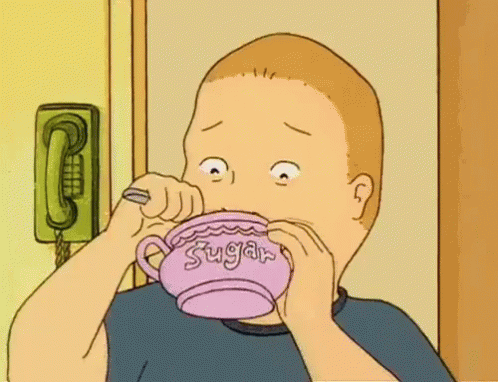
The Neuroscience: Reducing sugar and processed flour is like giving your brain a much-needed break. High sugar intake has been linked to inflammation, which adversely affects brain function. Chronic inflammation has been associated with a higher risk of depression and dementia.
Remember, you're up against human biology, generational greed, and corporations that have been perfecting the art of temptation for over two centuries.
Overcoming these instincts requires a conscious effort to retrain our brain, particularly the reward circuits. So, as you embark on this journey, armed with humor and a sprinkle of science, remember that change is a gradual process.
Your brain, a marvel of evolution, is adaptable but needs time. Mistakes are part of the learning curve, neural paths are rewired not overnight, but over time. In this epic saga of you vs. food, arm yourself with knowledge, patience, and a dash of self-compassion. You're not just changing a diet; you're challenging centuries of biological and psychological programming.
In the end, it's not just about eating right; it's about thinking right.


